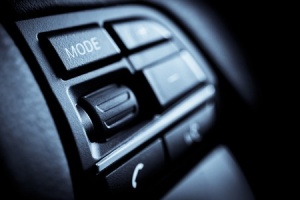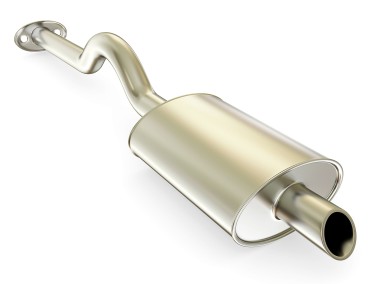Study: Voice Activated Car Control Can Prove Distracting
 Two new studies focused on analyzing how onboard voice controlled automobile features affect the driver suggest that even managing your smartphone or radio with just your voice can prove distracting.
Two new studies focused on analyzing how onboard voice controlled automobile features affect the driver suggest that even managing your smartphone or radio with just your voice can prove distracting.
Voice activated automobile controls were marketed as a way to keep a driver’s eyes on the road while a person attempted to send a text message or change the radio station, but new studies suggest they still negatively affect the most important control mechanism – your brain.
The studies conducted by the AAA Foundation for Traffic Safety and the University of Utah examined how distracted drivers became when tasked with using certain voice controlled systems. The first study examined the onboard handsfree infotainment systems on some of the more popular car brands, and the second study looked at driver performance when tasked with using Siri, Apple’s voice-operated system, to preform functions like posting to Facebook or calling a friend.
The systems were graded on a 1-5 scale, with 1 representing no distraction and 5 being comparable to doing complex math problems or word memorization.
Siri scored the worst on the test, receiving an average grade of 4.14 out of 5. Twice, drivers in a car simulator rear-ended another vehicle, and oftentimes Siri would misinterpret the driver’s commands. One of the drivers had to scramble to end a call after Siri mistakenly thought the driver asked to be connected to 911.
Onboard Tests Also Poor
The onboard infotainment systems didn’t fair much better in the tests. Chevrolet’s MyLink received the worst brand rating, posting a distraction level of 3.7. The onboard systems of Mercedes, Ford and Chrysler also all registered as more distracting than if the driver were simply talking on a handheld phone.
Deborah Hersman, president of the National Safety Council said the voice controlled systems need to be properly regulated.
“It is like the Wild West, where the most critical safety feature in the vehicle — the driver — is being treated like a guinea pig in human trials with new technologies.”
University of Utah professor David Strayer, who led the studies, said the more complex task the driver asks of the system, the more dangerous it can be.
“When these systems become more complex, like sending text messages or posting to Facebook, it pushes the workloads to pretty high levels and may be dangerous while driving,” Strayer said.
Despite their concerns, two vehicle systems scored pretty well on the distraction test. Toyaota’s Entune system scored a 1.7 – akin to listening to an audiobook while driving – while Hyundai’s Blue Link Telematic System scored a 2.2.
“The good news is that really well-designed systems offer us the possibility to interact in ways that aren’t so distracting,” Strayer concluded.
Related source: AP
-
How Long Can I Drive on a Spare Tire?
 Jun 11, 2013
Jun 11, 2013Unless you’ve only been driving for a few years, chances are you’ve had to deal with a spare tire at some point in your life. Whether you popped a tire on the middle of the highway, or you simply returned to your vehicle to find a deflated tire, you’ve probably had to throw the old […]
-
Auto Repair Shouldn’t Be Like Pulling Teeth
 Jun 11, 2014
Jun 11, 2014A recent study of over 2,400 car owners likened the car repair process to that of going to the dentist, a statistic we find downright depressing. According to the research, 83 percent of consumers “feel” overcharged by the auto repair process, and women respondents said they’d rather go to the dentist than take their ride […]
-
Common Muffler and Exhaust Problems
 Aug 26, 2015
Aug 26, 2015Is there a deep or loud rumbling sound coming from underneath or the back of your vehicle? If so, you likely have an issue with your muffler or your exhaust system. If the byproducts of burning gasoline can’t escape the fuel system, you’re going to notice a dip in your miles per gallon, and bigger […]




